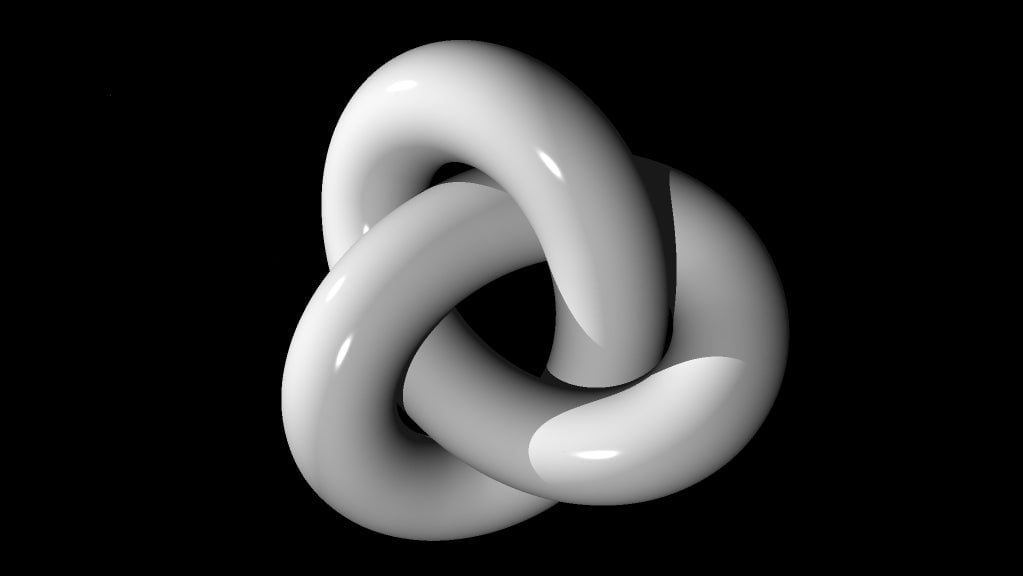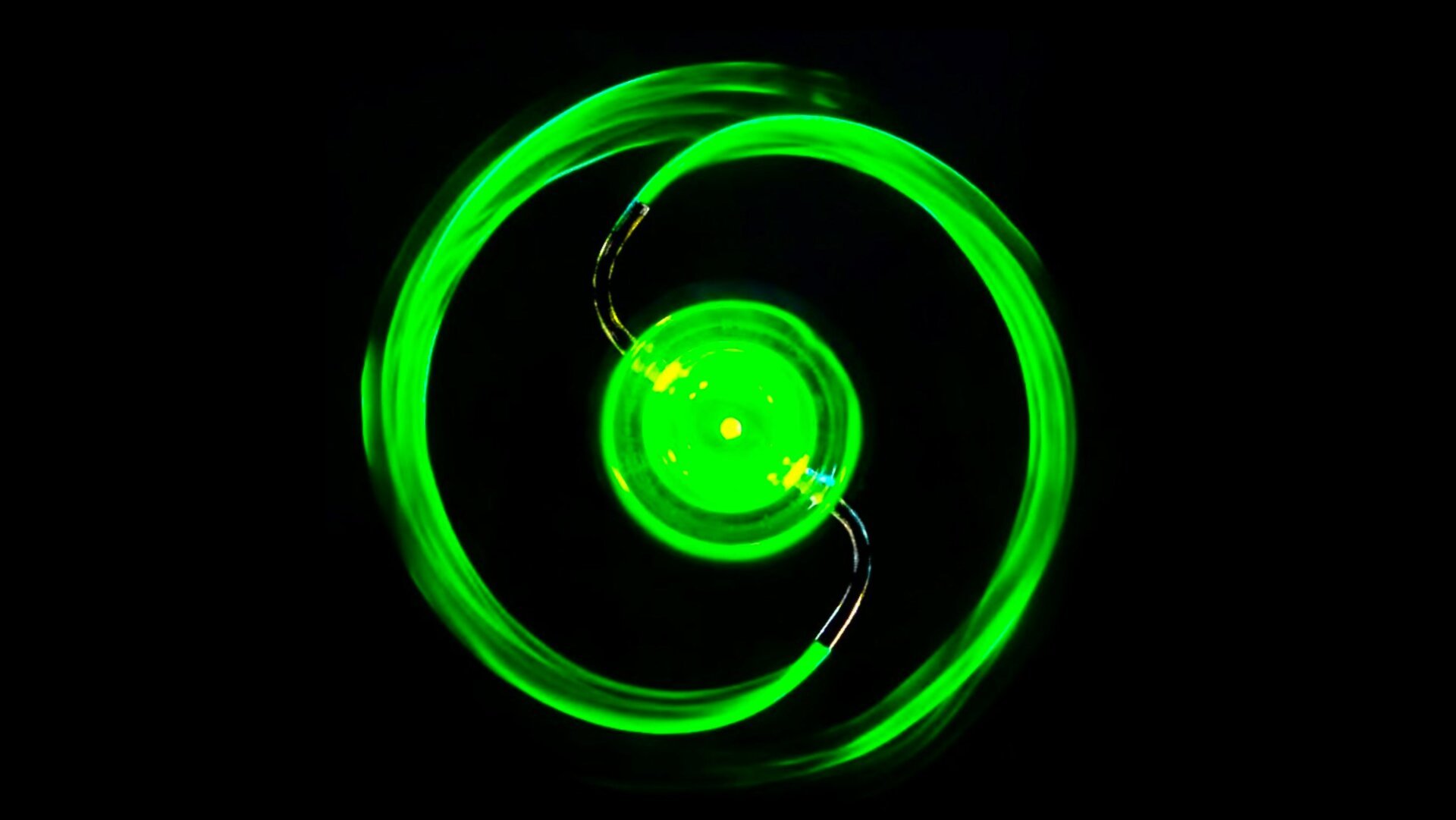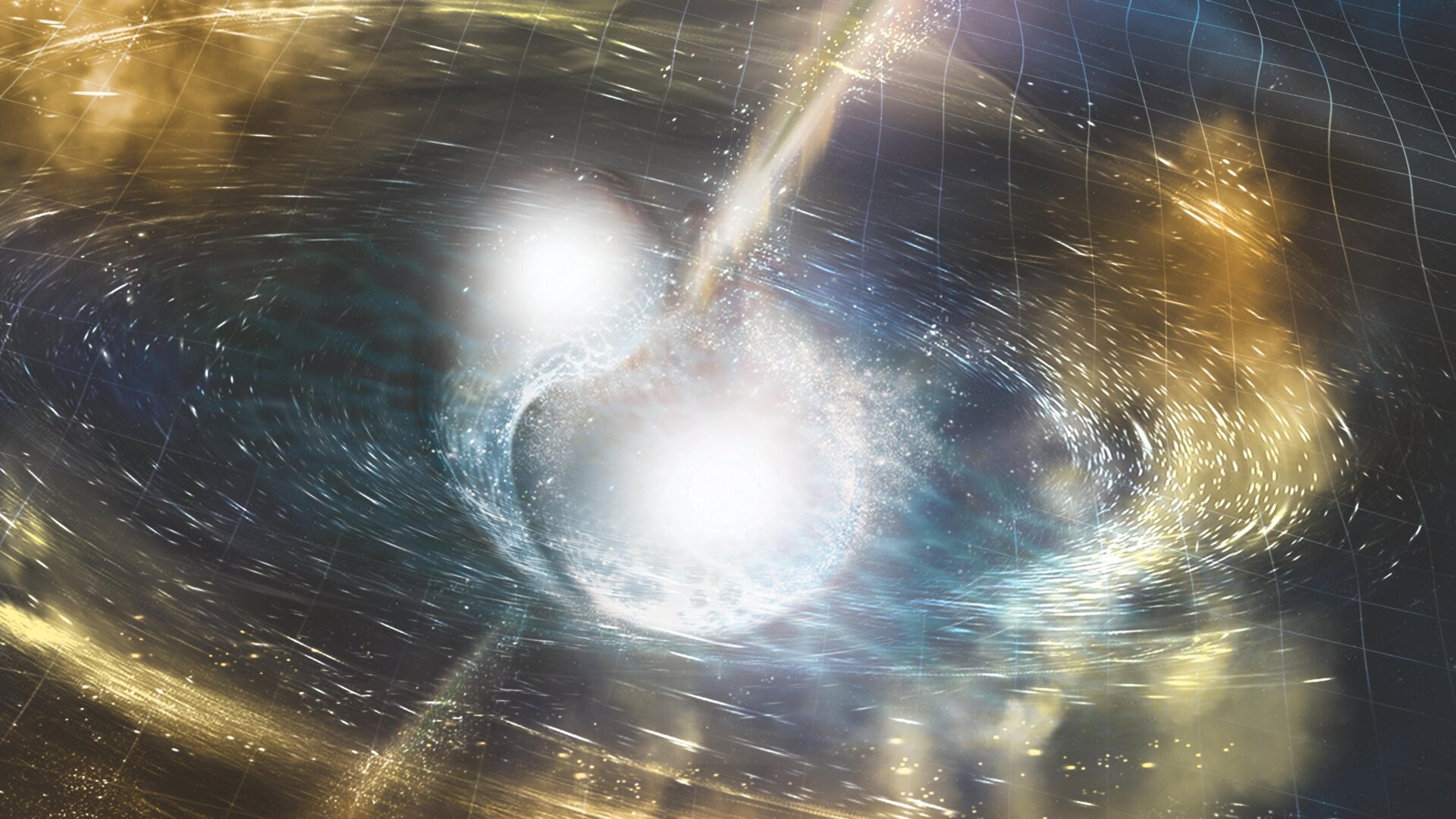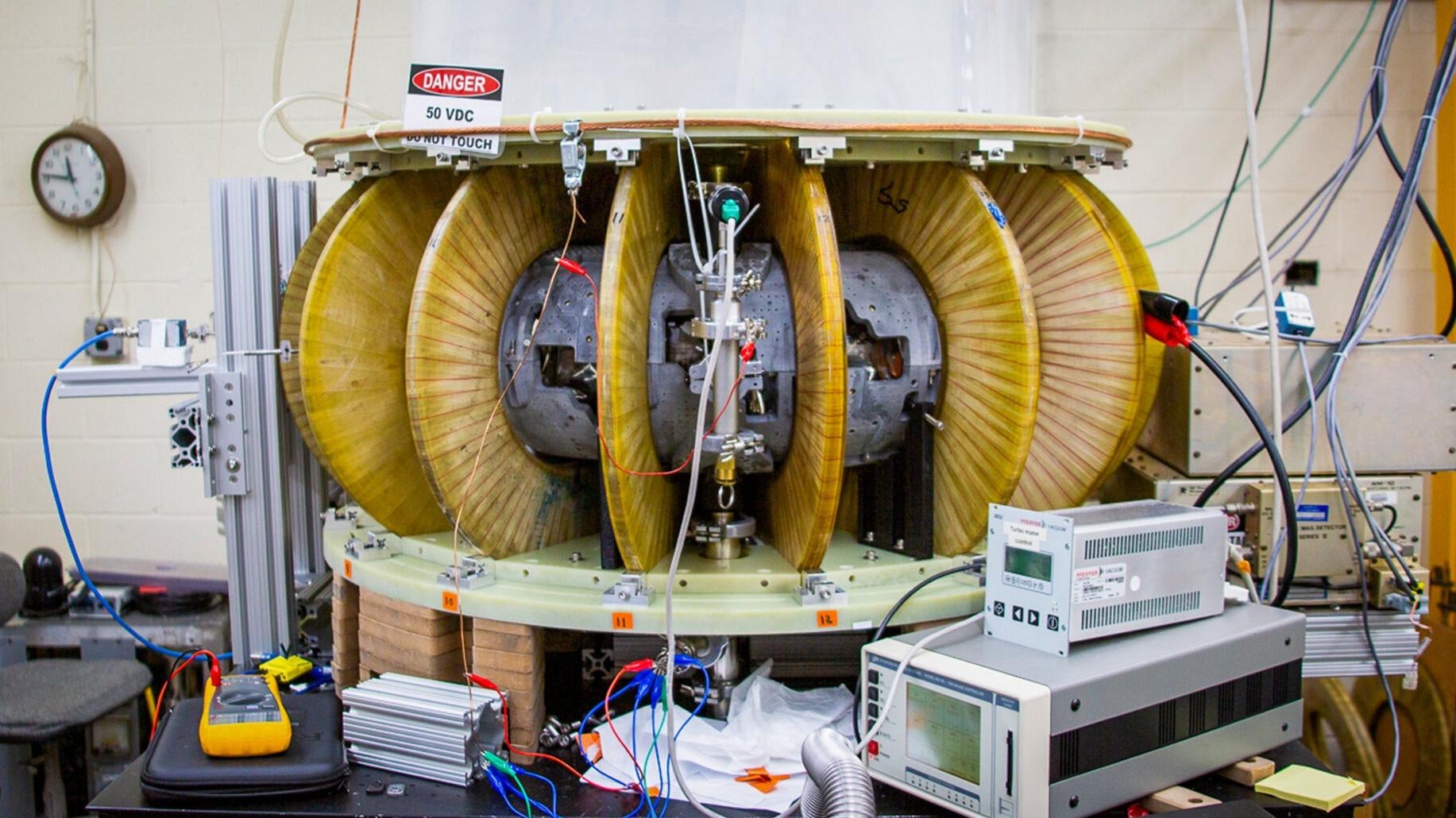Nuclear fusion, the process powering the Sun, holds immense promise for clean energy on Earth. Scientists are exploring different approaches to achieving sustainable fusion reactions, including powerful lasers and magnetic confinement devices called tokamaks. A team at Lehigh University is investigating the structural integrity of fuel capsules used in laser-driven fusion, and surprisingly, they’ve enlisted the help of a common condiment: mayonnaise.
This research, published in Physical Review E, focuses on understanding and controlling hydrodynamic instabilities that can hinder energy yield during fusion. These instabilities arise when materials of different densities interact under extreme conditions, similar to those found inside stars. Millions of degrees Kelvin and gigapascals of pressure are involved, mimicking the Sun’s environment.
Understanding the Role of Mayonnaise
So, what does mayonnaise have to do with nuclear fusion? The answer lies in its unique properties as an emulsion. Mayonnaise, a mixture of oil, egg, and an acid like vinegar, behaves like a solid under normal conditions. However, when subjected to pressure gradients, it begins to flow, exhibiting properties similar to materials used in fusion capsules.
“We use mayonnaise because it behaves like a solid, but when subjected to a pressure gradient, it starts to flow,” explains Arindam Banerjee, a mechanical engineer at Lehigh University. This behavior allows researchers to study the instabilities in a controlled environment.
Mimicking Fusion Instabilities
“As with a traditional molten metal, if you put a stress on mayonnaise, it will start to deform, but if you remove the stress, it goes back to its original shape,” Banerjee adds. This elastic and plastic behavior is followed by a flowing phase, where the crucial instabilities occur.
By observing precisely when these instabilities arise in mayonnaise, the researchers gain insights into the conditions that trigger them in fusion reactions. This understanding is essential for developing strategies to delay or suppress these instabilities, ultimately leading to more sustained and efficient fusion reactions.
The Significance of Fusion Research
Nuclear fusion offers the potential for a clean, abundant energy source, drastically reducing our reliance on carbon-based fuels. Both laser-driven fusion and tokamak approaches contribute to our understanding of this complex process.
The National Ignition Facility’s record-breaking energy output in 2022 and the JET tokamak’s impressive performance demonstrate the progress being made in this field. While challenges remain, these advancements bring us closer to a future powered by sustainable fusion energy.
Conclusion: A Condiment’s Contribution to Clean Energy
The research utilizing mayonnaise highlights the innovative approaches being taken in the pursuit of nuclear fusion. By understanding the behavior of materials under extreme conditions, scientists are developing strategies to overcome the challenges hindering efficient fusion reactions. This seemingly unusual application of a common condiment underscores the importance of creative thinking in scientific discovery and the potential of fusion to revolutionize our energy future.











